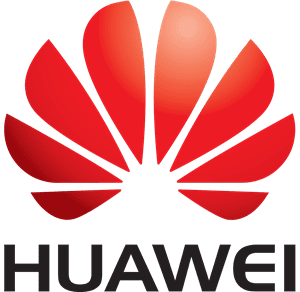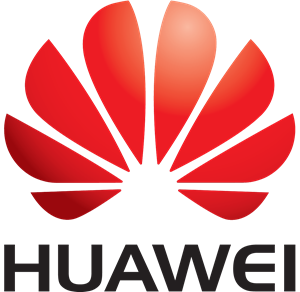While the United States continues to lead the charge for the western powers to avoid Huawei due to fears over security, the Chinese tech giant has sought to further bolster its position in Africa, where it is already very well established.
Just last week, the company signed an agreement to reinforce its cooperation with the African Union.
Sub-Saharan Africa Specialist and Economist at French Financial Services firm; Coface, Ruben Nizaris, says the deal is “a way to show that Huawei is still present in Africa and that they want to remain a major player by positioning themselves in this very important growth sector,”.
This deal comes after the French newspaper Le Monde reported in 2018 that China had spied on the Africa Union’s headquarters in Ethiopian capital Addis Ababa, citing sources inside the organisation.
The report claims the spying began in 2012 after the completion of the African Union’s new headquarters which was financed by China.
The report, further claimed that the breach was only noticed when technicians discovered data on the building’s servers was being sent to Shanghai.
Both China and the African Union (AU) have since rejected the allegations.
Since launching in Kenya in 1998, Huawei has now established itself across Africa, conducting operations in 40 countries, providing 4G networks to more than half of the continent.
In South Africa alone, it provides training at the country’s top universities, and is also launching a specialised course on 5G.
The company plans to showcase 5G which is the next-generation mobile phone network that will transmit data at far greater speeds, in Egypt during the Africa Cup of Nations, starting from the 21st of June 2019 to the 19th of July 2019.
Huawei’s presence in Africa goes far beyond just selling smartphones and building mobile networks.
Kenya’s government signed a 17.5 billion Kenyan Shillings ($172 million) deal with Huawei in April to build a data centre and ‘smart city’ services.
The Chinese giant also offers a ‘safe city’ surveillance programme an initiative which according to the company’s website, “can prevent crimes targeted towards the normal citizen, tourists, students, elderly persons etc before they occur”.
It has been deployed in Kenya’s capital Nairobi as well as Mauritius, with 4,000 “smart” surveillance video cameras set up at 2,000 sites across the island nation which is close to the Indian Ocean.
Huawei Marine, the company’s submarine cable arm, is assisting in the deployment of a key 12,000-kilometre (7,450-mile) cable system connecting Africa to Asia.
Huawei has been in turmoil, since the United States, claimed that the company’s equipment could serve as a Trojan horse for Chinese intelligence services to spy on countries.
While Huawei which is the world’s second largest smartphone marker fiercely denies the allegations, the United States has however, continued to urge countries to avoid the company.
Several companies have already distanced themselves including Google, whose Android Operating System runs on most smartphones.



